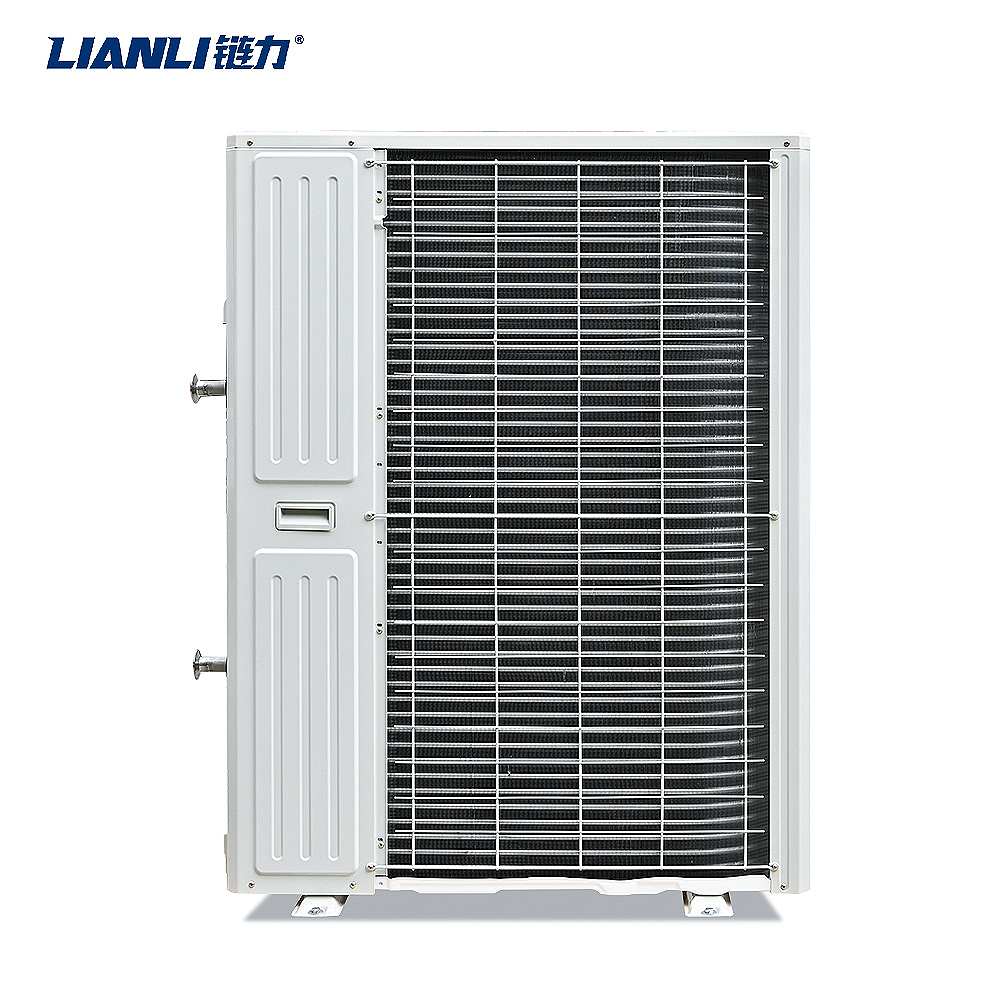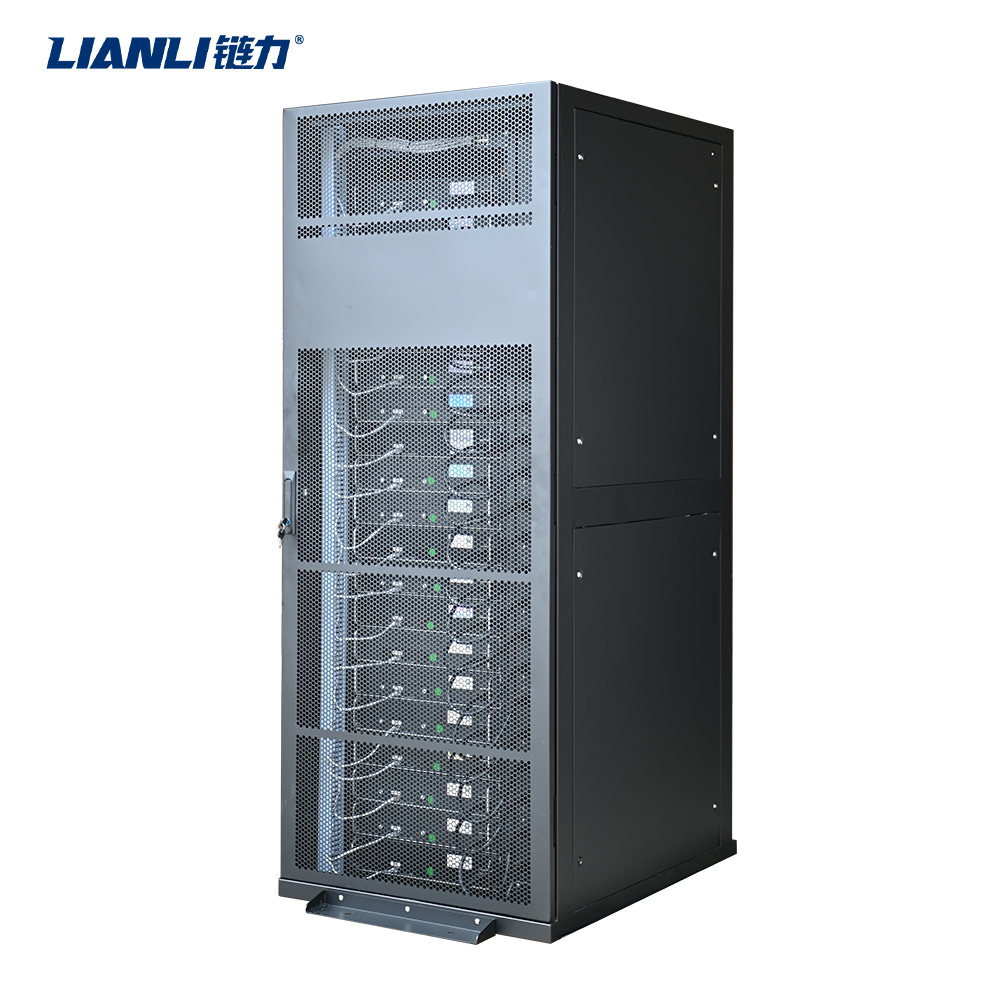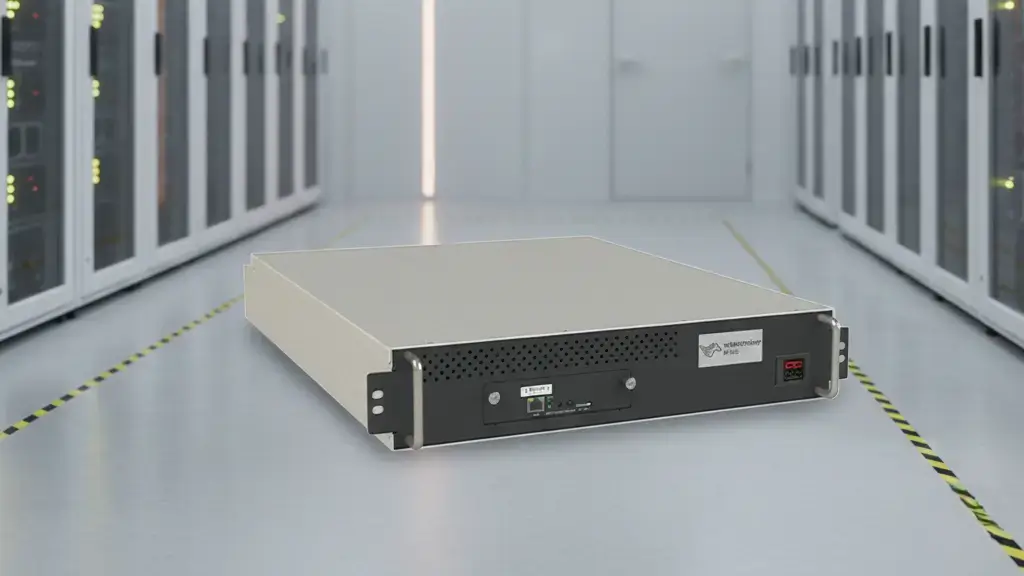HOST ANTMINER S21 Hyd.: The Role of Liquid .Cooling in Mining Data Center Efficiency
The rise of cryptocurrency mining has brought significant challenges in managing heat and energy consumption, especially in large-scale mining data centers. Traditional air cooling systems are often insufficient to handle the intense heat generated by high-performance mining hardware. This is where liquid cooling technologies, such as those featured in the
HOST ANTMINER S21 Hyd., come into play. In this article, we explore how liquid cooling contributes to improving data center efficiency and why the
HOST ANTMINER S21 Hyd. is a game-changer in this domain.
Understanding Liquid Cooling in Mining Hardware
Liquid cooling is a method of heat dissipation that uses a thermally conductive liquid to absorb and transfer heat away from electronic components. Unlike air cooling, which relies on fans and heatsinks, liquid cooling offers a more efficient way to manage thermal loads, especially in high-density environments like mining farms.
The
HOST ANTMINER S21 Hyd. is one of the first mining rigs designed specifically for liquid cooling integration. Its advanced thermal management system allows for direct-to-chip cooling, significantly reducing operating temperatures and noise levels while maintaining high hash rates.
Benefits of Liquid Cooling in Mining Data Centers
1. Enhanced Thermal Efficiency
Mining hardware such as the
HOST ANTMINER S21 Hyd. can operate at full capacity without overheating due to the superior heat transfer properties of liquid coolant. This results in more stable performance and reduced thermal throttling.
2. Energy Efficiency and Lower Power Consumption
Liquid cooling systems are more energy-efficient than traditional air cooling methods. By maintaining optimal temperatures, the
HOST ANTMINER S21 Hyd. can reduce the overall power consumption of a mining data center, leading to lower electricity bills and a smaller carbon footprint.
3. Reduced Noise Levels
Air cooling systems rely heavily on high-speed fans, which can generate significant noise. In contrast, liquid cooling systems operate more quietly, making environments with the
HOST ANTMINER S21 Hyd. more pleasant and less disruptive.
4. Space Optimization
Liquid cooling allows for higher hardware density within data centers. Since liquid cooling systems are compact and efficient, mining farms can accommodate more
HOST ANTMINER S21 Hyd. units in the same physical space, maximizing hash rate output.



The HOST ANTMINER S21 Hyd. in Real-World Applications
In real-world deployments, the
HOST ANTMINER S21 Hyd. has demonstrated remarkable performance improvements. Mining farms using this model report up to 30% reductions in cooling-related energy costs and improved uptime due to better thermal management.
Moreover, the integration of liquid cooling with the
HOST ANTMINER S21 Hyd. enables easier maintenance and scalability. Operators can expand their mining infrastructure without worrying about overheating or additional cooling infrastructure.
Future Outlook: Liquid Cooling as the Industry Standard
As the demand for more powerful and energy-efficient mining solutions grows, liquid cooling is poised to become the standard in mining data centers. The
HOST ANTMINER S21 Hyd. exemplifies how this technology can be leveraged to achieve higher efficiency, lower operational costs, and better environmental sustainability.
With continued advancements in liquid cooling technology, we can expect future mining hardware to further optimize performance while minimizing energy consumption. The
HOST ANTMINER S21 Hyd. sets a strong precedent for this evolution.








